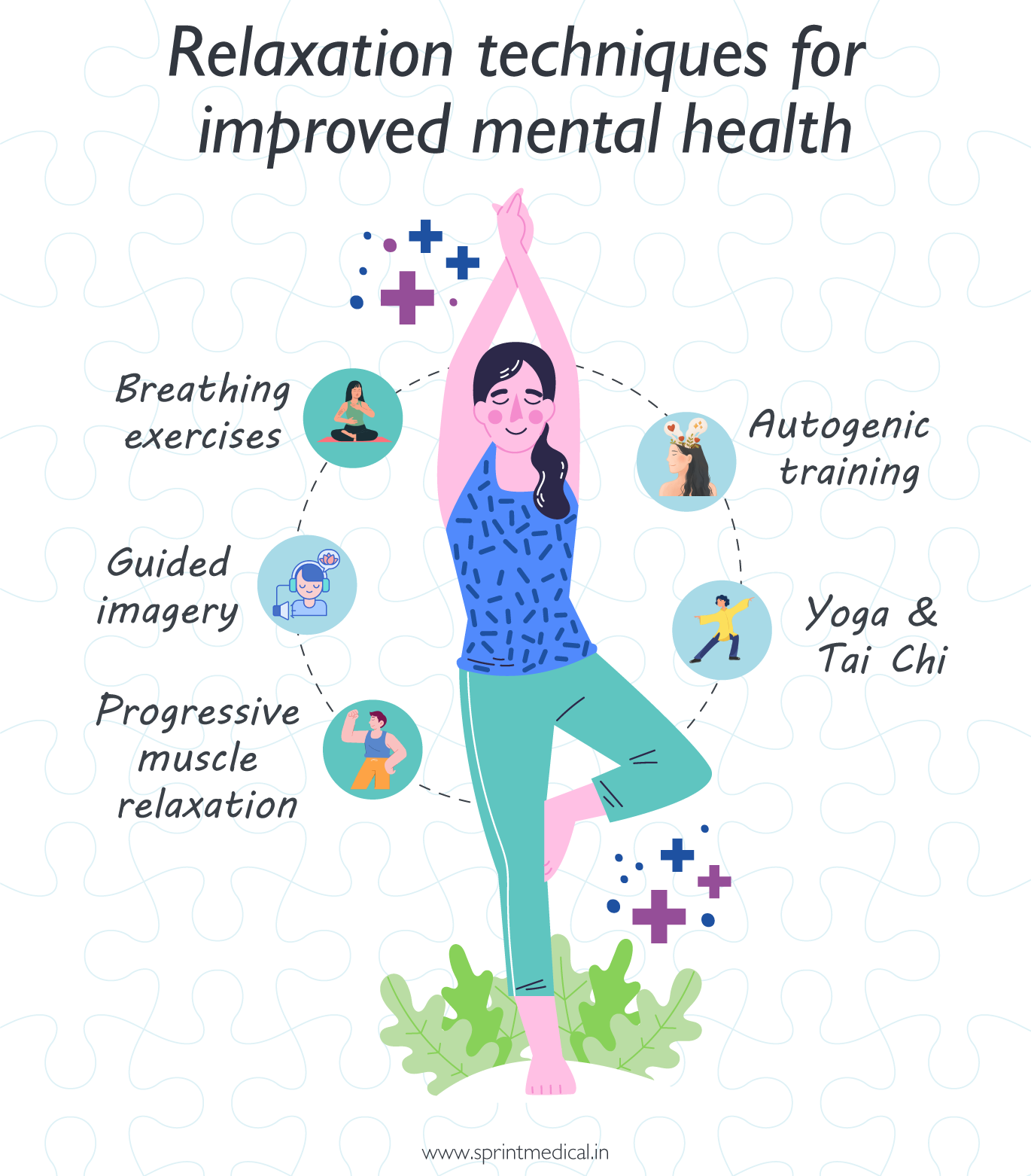
Achieving Balance: Techniques for Mental Stability
Maintaining mental stability is a continuous journey that involves adopting various techniques and practices. In the pursuit of a balanced and resilient mind, individuals can explore a range of strategies that contribute to mental well-being. Let’s delve into key techniques for achieving and sustaining mental stability.
Mindfulness Meditation: Anchoring in the Present
Mindfulness meditation serves as a powerful technique to anchor the mind in the present moment. By focusing on the breath or specific sensations, individuals cultivate awareness and detachment from racing thoughts. Regular mindfulness practice has been linked to reduced stress, improved concentration, and enhanced emotional regulation, contributing to overall mental stability.
Cognitive Behavioral Therapy (CBT): Restructuring Thought Patterns
Cognitive Behavioral Therapy is an evidence-based approach that helps individuals identify and reframe negative thought patterns. By challenging and restructuring these thoughts, individuals can alter their perceptions and reactions to various situations. CBT equips individuals with practical tools to navigate challenges, fostering a more stable and positive mental state.
Regular Exercise for Mood Regulation
Physical activity is not only beneficial for the body but also plays a crucial role in regulating mood and promoting mental stability. Exercise releases endorphins, neurotransmitters that act as natural mood lifters. Whether through aerobic activities, strength training, or yoga, incorporating regular exercise into one’s routine contributes to a more stable and resilient mental state.
Breathing Techniques: Calming the Mind
Conscious control of the breath is a simple yet effective technique for calming the mind and promoting mental stability. Deep, diaphragmatic breathing activates the body’s relaxation response, reducing stress and anxiety. Practicing specific breathing exercises, such as deep belly breathing or box breathing, can be incorporated into daily routines to foster a sense of calm.
Journaling for Self-Reflection
Journaling provides a constructive outlet for self-reflection and expression of thoughts and emotions. Putting pen to paper allows individuals to gain insights into their feelings, identify patterns, and set goals for personal growth. Regular journaling can be a therapeutic practice that enhances self-awareness and contributes to mental stability.
Establishing Healthy Sleep Patterns
Quality sleep is integral to mental stability. Establishing healthy sleep patterns, such as maintaining a consistent sleep schedule and creating a conducive sleep environment, supports cognitive function and emotional well-being. Prioritizing adequate and restful sleep contributes to improved mood, increased resilience, and overall mental stability.
Mind-Body Practices: Yoga and Tai Chi
Mind-body practices like yoga and Tai Chi combine physical movement with breath awareness and mindfulness. These practices promote relaxation, reduce stress, and enhance mental stability. The intentional and gentle movements in yoga or the flowing sequences of Tai Chi contribute to a sense of balance and tranquility in both mind and body.
Digital Detox: Managing Screen Time
In the digital age, managing screen time is essential for mental stability. Constant exposure to screens, especially on devices with blue light, can disrupt sleep patterns and contribute to mental fatigue. Implementing a digital detox, including designated screen-free periods, helps reduce information overload and supports mental clarity.
Social Connection: Building Supportive Networks
Social connection is a fundamental aspect of mental stability. Building and maintaining supportive social networks provides avenues for sharing experiences, seeking advice, and receiving emotional support. Whether through friendships, family, or community groups, fostering meaningful connections contributes to a sense of belonging and mental well-being.
Professional Support: Seeking Therapy
Sometimes, achieving mental stability may require professional support. Therapists and counselors offer guidance, coping strategies, and a safe space for individuals to explore their thoughts and emotions. Seeking therapy is a proactive step toward mental well-being, providing valuable tools for managing challenges and fostering stability.
In the journey toward mental stability, individuals can explore and combine various techniques to find what works best for them. Visit Mental Stability Techniques for additional resources and inspiration on cultivating a balanced and resilient mind.




